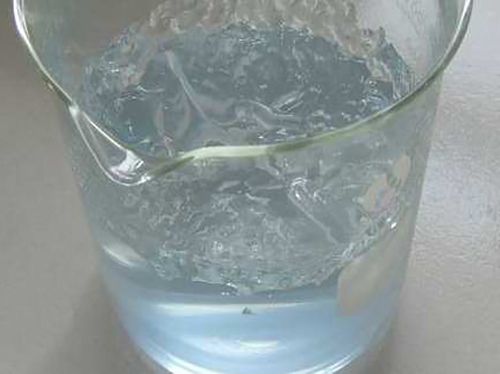poly aluminium chloride in wastewater treatment
Poly Aluminium Chloride in Wastewater Treatment
Wastewater treatment is a critical process in modern society, addressing the increasing concerns surrounding environmental contamination and public health. Among the various chemical coagulants used in this process, Poly Aluminium Chloride (PAC) has gained substantial attention for its efficiency and versatility. This article delves into the role of PAC in wastewater treatment, exploring its properties, mechanisms, applications, and advantages over traditional coagulants.
Poly Aluminium Chloride is a synthetic polymer that is produced by the reaction of aluminum hydroxide with hydrochloric acid, resulting in a product that has a high degree of polymerization. It appears as a white powder or liquid, and its composition allows it to effectively destabilize and aggregate colloidal particles present in wastewater. The application of PAC in treatment processes can lead to significant improvements in water clarity and quality.
The coagulation process is essential in wastewater treatment as it aids in the removal of suspended solids, heavy metals, and organic pollutants that can lead to environmental degradation. PAC operates through a series of chemical reactions. When added to wastewater, PAC dissociates into aluminum ions, which bind to negatively charged particles, forming larger aggregates known as flocs. These flocs can then be easily removed through sedimentation or filtration. The ability of PAC to create flocs at varying pH levels and its effectiveness across a broad temperature range make it particularly suitable for diverse wastewater treatment applications.
One of the most notable advantages of using PAC over traditional coagulants, such as aluminum sulfate, is that it requires lower doses for effective treatment. This leads to reduced sludge production and lower operational costs, making it a more sustainable choice in terms of resource utilization and disposal. Additionally, PAC has a faster settling time compared to its counterparts, allowing for quicker treatment processes and shorter retention times within the treatment facility.
poly aluminium chloride in wastewater treatment

Another significant benefit of PAC is its enhanced removal efficiency of turbidity, color, and total organic carbon (TOC) in various wastewater streams. Studies have shown that PAC can effectively remove contaminants in municipal wastewater, industrial effluents, and even agricultural runoff. Its application extends to sectors such as food processing, textile manufacturing, and paper production, where high levels of organic and inorganic pollutants are common.
In terms of environmental impact, the use of PAC is seen as favorable. The method minimizes the release of harmful by-products into the environment and reduces the need for extensive post-treatment processes. Moreover, PAC is biodegradable and does not pose significant risks to aquatic life, further supporting its application in eco-friendly wastewater treatment technologies.
While PAC showcases many benefits, it is essential for treatment facilities to conduct thorough testing and optimization studies to determine the appropriate dosage and application method tailored to specific wastewater characteristics. This ensures optimal effectiveness and minimizes the chances of adverse effects.
In conclusion, Poly Aluminium Chloride stands out as a crucial agent in the field of wastewater treatment. Its superior coagulation performance, lower dosage requirements, faster settling rates, and environmental compatibility affirm its place as a modern solution to addressing water quality concerns. As the world continues to grapple with water shortages and pollution, the ongoing development and application of PAC in wastewater management will play an integral role in promoting sustainable practices and protecting our vital water resources.
-
lk-319-special-scale-and-corrosion-inhibitor-for-steel-plants-advanced-solutions-for-industrial-water-systemsNewsAug.22,2025
-
flocculant-water-treatment-essential-chemical-solutions-for-purification-processesNewsAug.22,2025
-
isothiazolinones-versatile-microbial-control-agents-for-industrial-and-consumer-applicationsNewsAug.22,2025
-
scale-inhibitor-key-solutions-for-water-system-scale-preventionNewsAug.22,2025
-
organophosphonates-versatile-scale-inhibitors-for-industrial-water-systemsNewsAug.22,2025
-
scale-and-corrosion-inhibitor-essential-chemical-solutions-for-water-system-maintenanceNewsAug.22,2025





